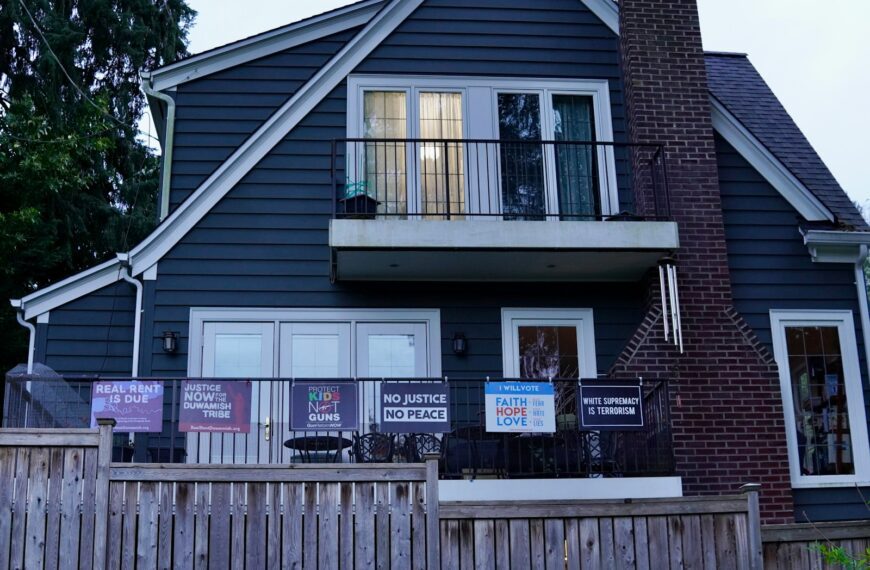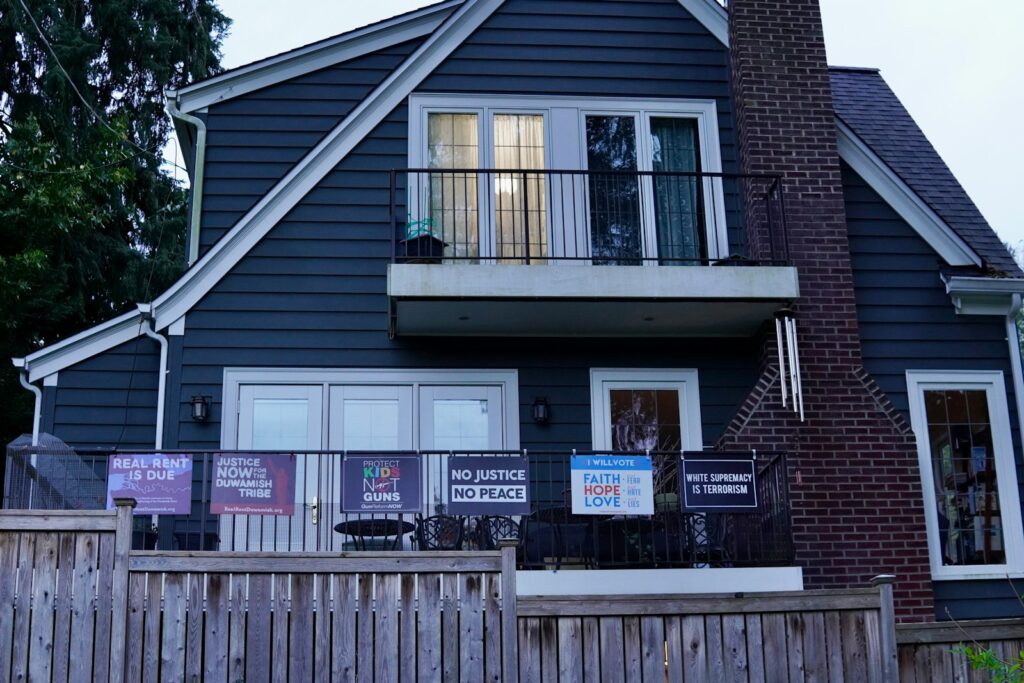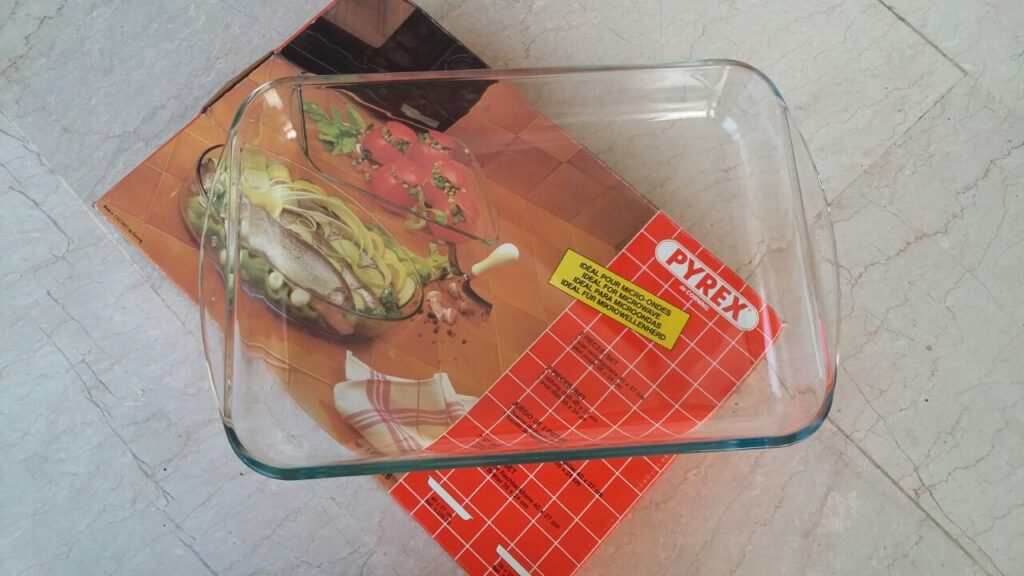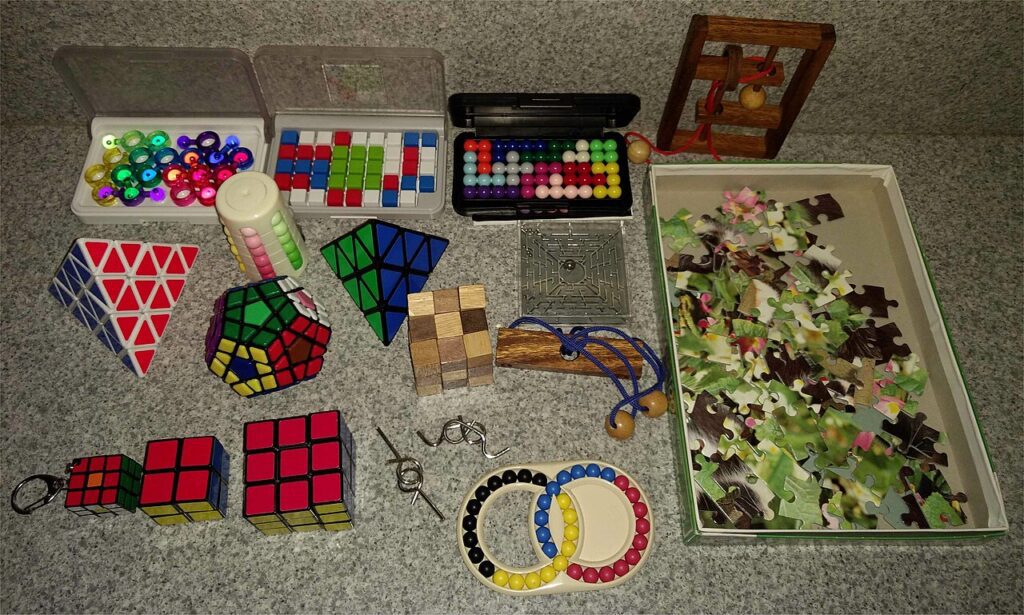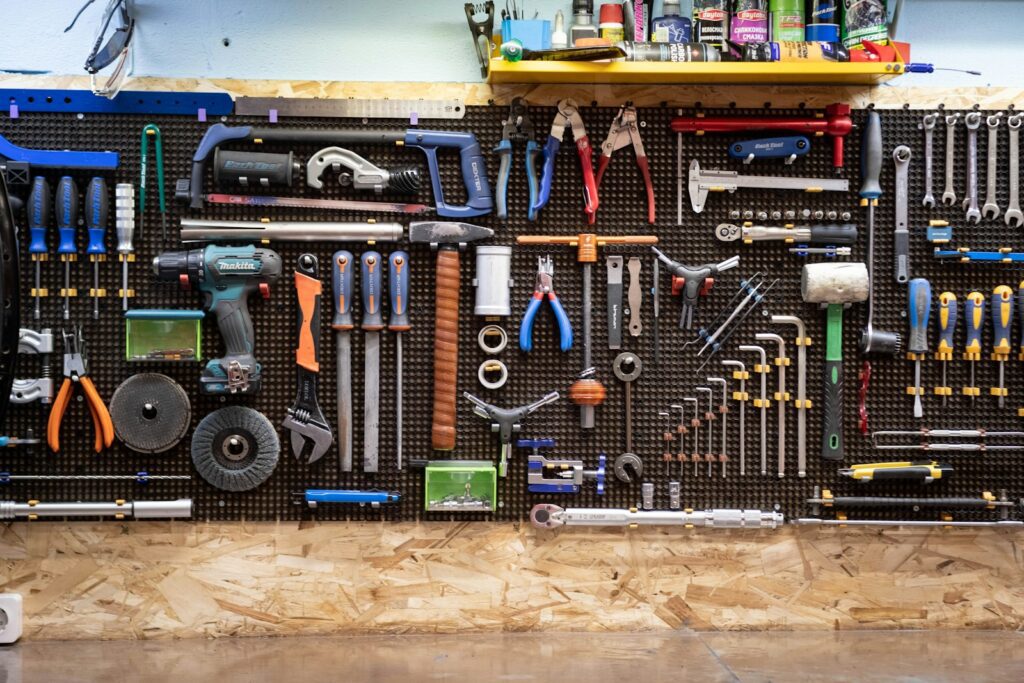Everyone’s worst fear is coming home to a disaster that could have been prevented. Whether it’s a burst pipe, a roof leak, or a fire hazard, these types of incidents can cause severe damage and cost thousands of dollars to repair. However, many of these disasters can be avoided through simple, preventative maintenance. Here are ten easy fixes that can help you avoid a major catastrophe in your home.
1. Check Your Water Heater

Your water heater is one of those things you probably don’t think about until it stops working. However, regular maintenance can prevent it from turning into a flood hazard. A faulty water heater can burst, causing water damage throughout your home.
Make a habit of checking your water heater at least once a year. Look for leaks, rust, or any signs of deterioration. If you notice anything unusual, have a professional inspect it. Keep in mind that a water heater typically lasts about 10-15 years, so if yours is older, it might be time to consider a replacement.
2. Clean Your Gutters

Clogged gutters can lead to a series of problems, including foundation damage, roof leaks, and ice dams in the winter. The good news is that cleaning your gutters is a relatively simple task that can save you from these potential disasters.
Make sure to clean your gutters at least twice a year, preferably in the spring and fall. Use a ladder to reach them and remove any leaves, twigs, or other debris. If you’re not comfortable doing this yourself, consider hiring a professional.
3. Inspect Your Roof

A damaged roof can lead to serious problems, including leaks and structural damage. Regularly inspecting your roof can help you catch small issues before they turn into big problems.
Make sure to inspect your roof at least once a year, preferably in the spring or fall. Look for any loose, missing, or damaged shingles and check for any signs of leaks in your attic. If you notice anything unusual, call a professional roofer for a more thorough inspection.
4. Test Your Sump Pump

A sump pump is designed to prevent basement flooding, but if it fails, you could be dealing with a serious water disaster. Testing your sump pump regularly can help you avoid this scenario.
To test your sump pump, simply pour a bucket of water into the sump pit. The pump should turn on, remove the water, and then turn off automatically. If it doesn’t, you should have it inspected by a professional.
5. Check Your Smoke Detectors

Smoke detectors are your first line of defense against a fire. However, they’re only effective if they’re working properly.
Make sure to test your smoke detectors at least once a month by pressing the test button. If the alarm doesn’t sound, replace the batteries. If it still doesn’t work, replace the entire unit. Remember, smoke detectors should be replaced every ten years.
6. Maintain Your HVAC System

Poorly maintained HVAC systems can cause a variety of issues, from high energy bills to potential fire hazards. Regular maintenance can prevent these problems.
Always replace your air filters every three months, or more often if you have pets or allergies. Have your system serviced by a professional at least once a year to ensure it’s running efficiently and safely.
7. Inspect Your Appliances

Faulty appliances can be a major fire hazard. Regular inspections can help you catch any potential issues before they become serious.
Keep an eye on your appliances, especially older ones. Look for any unusual noises, smells, or performance issues. If you notice anything out of the ordinary, have the appliance inspected by a professional.
8. Check Your Plumbing

Plumbing issues can cause serious water damage. Regular inspections can help you catch small leaks before they turn into major problems.
Check your faucets, showers, and toilets for any signs of leaks. Look under sinks and around appliances for any water stains or mold. If you notice anything unusual, call a plumber for a more thorough inspection.
9. Clean Your Dryer Vent

A clogged dryer vent can be a serious fire hazard. Regular cleaning can prevent this risk.
Make sure to clean your dryer’s lint filter after every use. Once a year, clean out the vent pipe and the area where the exhaust vent exits your home. If you’re uncomfortable doing this yourself, consider hiring a professional.
10. Check Your Electrical System

Faulty wiring can lead to electrical fires. Regular inspections can help you catch any potential issues before they become serious.
Regularly check your outlets, switches, and light fixtures for any signs of wear or damage. If you notice any flickering lights, frequent circuit breaker trips, or any other unusual electrical issues, call a professional electrician for a more thorough inspection.

